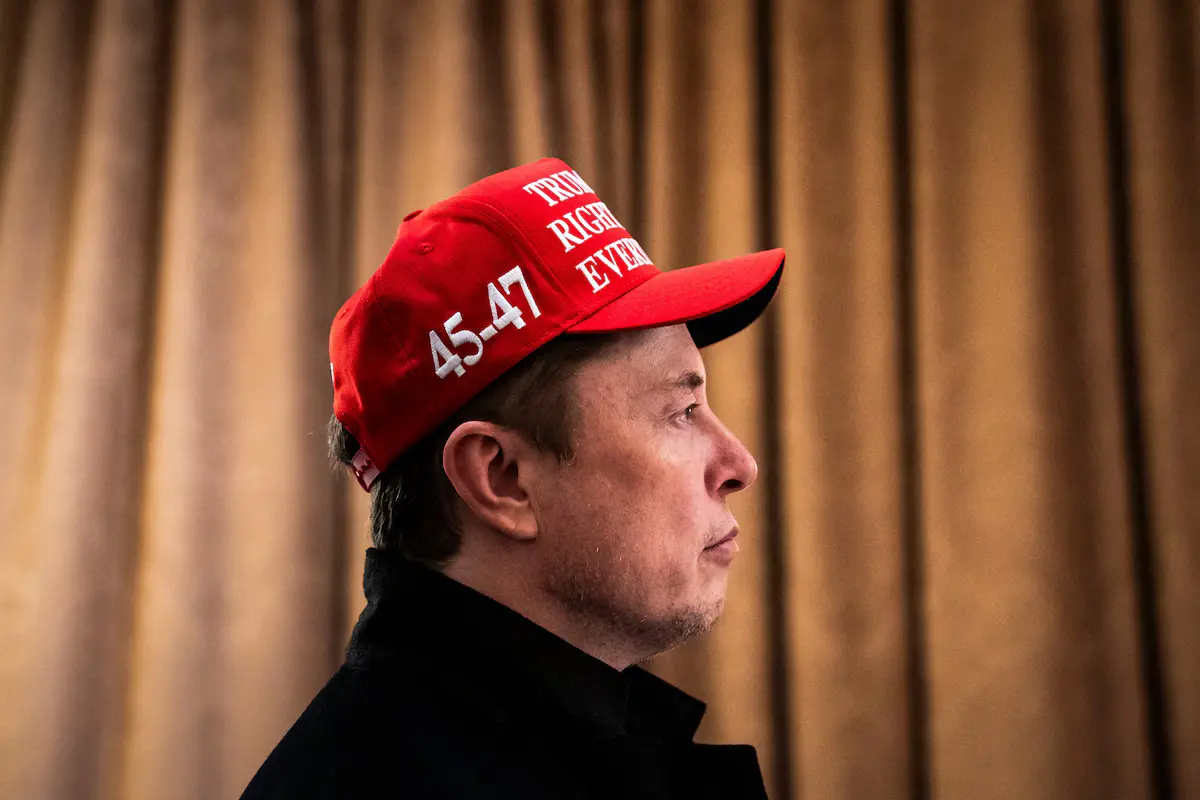Musk and Trump Clash Again Over GOP Spending Bill in Fiery Public Feud
Tensions between Elon Musk and Donald Trump reignite as the two high-profile figures trade public jabs over a GOP-backed federal spending bill — exposing deep rifts within the Republican movement ahead of 2026.
In a high-stakes political confrontation that’s drawing national attention, tech billionaire Elon Musk and former President Donald Trump have once again locked horns — this time over a controversial GOP spending bill. What began as a policy disagreement has quickly escalated into a full-blown feud, revealing ideological divisions within the Republican Party and signaling deeper tensions over the future of conservative politics in America. The dispute centers on a $1.
4 trillion federal budget bill introduced by House Republicans that includes significant allocations for infrastructure, defense modernization, and AI innovation. Trump has vocally opposed the bill, calling it “a bloated betrayal of America First principles. ” Musk, meanwhile, has come out in favor of key parts of the legislation, especially the tech and clean energy investments that align with his business ventures.
### Trump’s Take: “Swamp Politics” in Disguise
From the outset, Trump has painted the bill as a giveaway to special interests and bureaucratic bloat. In multiple posts on Truth Social, he lambasted Republican leadership for “selling out the MAGA base” and warned lawmakers that supporting the bill would mean “political suicide. ”
“The RINOs are back,” Trump wrote.
“This bill hands billions to Silicon Valley, the military-industrial complex, and foreign aid schemes while doing NOTHING for the American worker. ”
He also took personal aim at Musk, suggesting the billionaire’s support for the bill stems from his own financial interests. “Elon wants tax breaks, not freedom,” Trump posted.
“He’s not America First — he’s Elon First. ”
### Musk Fires Back: “I Care About Results, Not Rhetoric”
Never one to shy away from confrontation, Musk responded directly via X (formerly Twitter), calling Trump’s statements “intellectually dishonest and economically incoherent. ”
“The spending bill isn’t perfect,” Musk tweeted, “but investing in American innovation, modern infrastructure, and responsible AI development is what will keep us competitive.
Screaming ‘Swamp!’ isn’t a plan — it’s a soundbite. ”
Musk has been particularly vocal about the bill’s funding for AI safety research, space exploration, and EV infrastructure — all areas that intersect with his business empire, including Tesla, SpaceX, and xAI. He also warned against “political purity tests” that could fracture the Republican coalition.
“If the GOP becomes a personality cult instead of a forward-looking movement, it will lose the future,” Musk posted. ### The Political Fallout: GOP Divided
The clash has divided GOP lawmakers and donors, many of whom feel caught between Trump’s populist base and Musk’s technocratic vision. Senator Tim Scott (R-SC) voiced support for the bill, citing its investments in rural broadband and domestic manufacturing.
“We need to compete with China — not each other,” he said. Meanwhile, Rep. Marjorie Taylor Greene (R-GA), a staunch Trump ally, blasted the bill as “Musk’s Money Grab Act” and pledged to vote against it.
“This bill is Silicon Valley socialism wrapped in a flag,” she said during a fiery press conference. The split is also evident in conservative media. While Fox Business praised Musk’s “real-world leadership,” pro-Trump influencers accused him of being “part of the globalist elite.
”
### Bigger Stakes: 2026 and Beyond
The Musk-Trump clash is widely seen as a preview of deeper ideological battles leading into the 2026 midterms and possibly the 2028 presidential election. Trump remains the dominant force among grassroots conservatives, but Musk’s rising influence in policy circles — and among younger libertarian-leaning Republicans — is reshaping the conversation around what the GOP should be. “Musk represents a different flavor of conservatism — one focused on technology, innovation, and pragmatic governance,” said political analyst Rebekah Lowry.
“Trump still controls the culture war narrative, but Musk is speaking to voters worried about global competition, AI, and the future of work. ”
Indeed, a recent Pew survey found that while 58% of Republican voters still view Trump favorably, nearly 40% of Republicans under 40 express more trust in tech entrepreneurs than in traditional politicians. That dynamic has prompted some GOP strategists to call for a ‘fusion approach’ — blending Trump’s populism with Musk’s futurism.
### Money and Influence
Musk’s political clout has grown considerably in recent years. He has met privately with several GOP lawmakers, donated to Republican-aligned PACs, and reportedly advised on tech components of the spending bill. While not officially affiliated with any party, Musk has increasingly used his platform to shape discourse around immigration, energy policy, and digital censorship — often with libertarian leanings.
His support for candidates has been unpredictable, but he’s signaled interest in supporting “competence over ideology” in future elections. Trump, meanwhile, has intensified his grip on the GOP base, threatening to primary lawmakers who support the bill and unleashing his political machine on dissenters. He’s also hinted at launching his own PAC to challenge what he calls the “Tech Swamp Agenda.
”
### Policy Substance: What’s Actually in the Bill?
While political drama grabs headlines, the content of the GOP spending bill remains central. Key components include:
- $280 billion for defense, with emphasis on AI integration and cybersecurity - $120 billion for domestic manufacturing and rare earth minerals - $90 billion for rural broadband and smart grid infrastructure - $65 billion for EV charging networks and clean energy R&D - $25 billion for AI safety, ethics, and transparency research
Supporters argue that the bill positions the U. S.
for long-term competitiveness and job creation. Critics counter that it’s riddled with corporate subsidies and lacks meaningful fiscal restraint. “This is a once-in-a-generation investment — or a generational sellout, depending on who you ask,” quipped Rep.
Byron Donalds (R-FL). ### What Voters Think
Outside Washington, voter reaction is mixed. A recent Quinnipiac poll showed 47% of GOP voters support the bill, while 43% oppose it.
Notably, 62% of independent voters said they approve of the bill’s emphasis on future-focused infrastructure. “I’m tired of the political drama,” said Reagan Wheeler, a registered Republican in Arizona. “I care about clean energy, AI, and jobs for my kids.
If Elon Musk is pushing that, maybe it’s time we listen. ”
Yet others remain firmly in Trump’s camp. “He’s the only one fighting the real fight,” said Carl Jenkins, a Trump rally attendee in Ohio.
“I don’t trust tech billionaires to run this country. ”
### Conclusion: A Party at a Crossroads
The latest Musk-Trump battle is more than a personal feud — it’s a proxy war for the soul of the Republican Party. With one side focused on traditional populist themes and the other pushing toward a tech-centric, innovation-first vision, the GOP finds itself divided on the path forward.
As Congress debates the spending bill and voters tune into the drama, one thing is clear: the future of conservative politics may depend less on slogans and more on how it grapples with 21st-century challenges. Whether the GOP can reconcile these competing forces — or splinters further — remains to be seen. But with Musk and Trump at the center of it, the battle promises to be anything but quiet.




